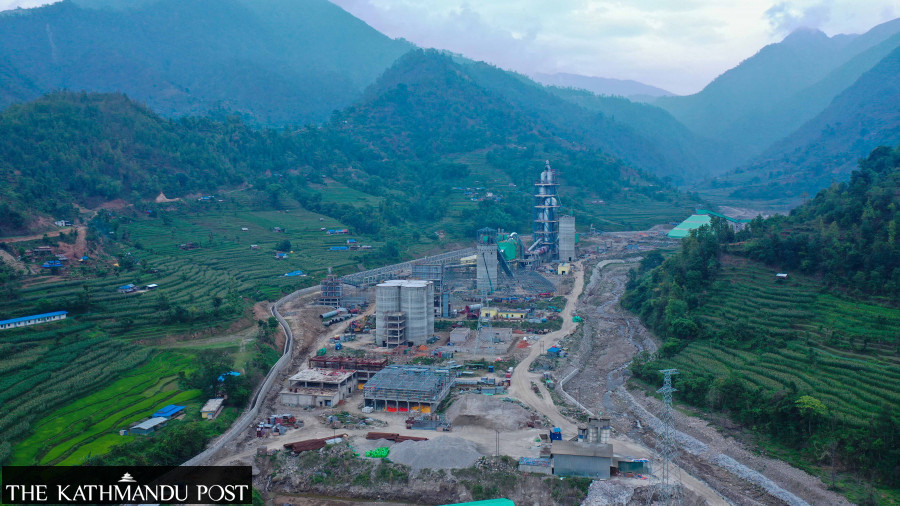Money
Nepal tightens business visa rules for foreign investors to prevent misuse of the permit
Officials said the Industry Department got tough following rising cases of investment pledges not being fulfilled.
Krishana Prasain
The Department of Industry will now recommend business visas for foreign investors for only three months at a time to prevent misuse of the facility.
Officials said the department tightened the business visa issuance system following rising cases of investment pledges not being fulfilled after the applicant had obtained the visa.
“We have reviewed some provisions to grant business visas to genuine investors,” said Ramchandra Tiwari, director general at the Department of Industry. “There have also been cases of applicants submitting fake documents to get business visas.”
The visa facilitation unit used to recommend business visas for foreign investors or their representatives and family members on the basis of their investment pledge.
According to the new rule which went into effect on Friday, the Industry Department will recommend a business visa for three months by which time the investor has to submit a certificate of company registration.
After the registration certificate has been received, the department will recommend an extension of the business visa for another three months. Within this period, the investor needs to submit proof of having registered at the tax office and opened a bank account.
The investor is also required to produce details of the progress of industry registration.
If the Industry Department is satisfied with the paperwork, it can recommend another three-month extension. After the applicant has submitted all the documents, the visa will be extended by another six months.
Foreign investors who have obtained approval for foreign investment but not fulfilled the latest conditions can reapply for new investment. The new provision also applies to foreign investors who have received a business visa and applied for an extension.
After six months, additional visa recommendations will be made under the Foreign Investment and Technology Transfer Rule (FITTA), 2020.
Investors or their official representatives and their family members will get residential visas if they make an investment of $1 million at one time, according to the FITTA rule.
“The new rules for business visa recommendation for foreign investors have been made to promote genuine investors. There are people who propose to make an investment in the country to get a business visa and do nothing after that,” said Tiwari.
"More than 20 percent of foreign investors, according to our study, were pledging investment only to get visas. The number of such fake foreign investors was rising due to which we implemented such a provision.”
Tiwari said the new visa rules would also help to narrow the gap between proposed investment and actual investment. Eliminating fake investors will provide a true picture of the investment coming into the country, he said.
According to the department, the country received foreign direct investment (FDI) commitments totalling Rs54.15 billion in the last fiscal year.
But the actual foreign direct investment received during that period, according to Nepal Rastra Bank, amounted to only Rs18.56 billion.
The government in October slashed the minimum FDI by 60 percent to Rs20 million in a bid to attract small foreign investors too. In June 2019, over protests from the private sector, the government had jacked up the minimum limit from Rs5 million to Rs50 million.
The World Bank has been urging Nepal to create an appropriate policy to encourage FDI. It said that FDI was projected to remain low, leaving external borrowing and reserve drawdowns to continue financing the current account deficit.
The latest Nepal Development Update report of the World Bank published in October said that Nepal’s FDI inflow was the lowest in the region at 0.5 percent of GDP, and could be increased through the easing of regulatory approval procedures, which would generate foreign currency inflows and stimulate growth through capital and technology transfers.




 17.12°C Kathmandu
17.12°C Kathmandu













